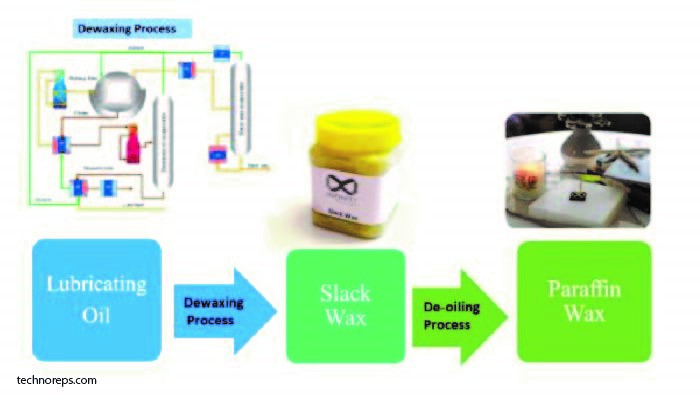What is the Process of Slacking? Understanding the Process
Here we are discussing what is the process of Slacking? Slacking, colloquially known as procrastination or idleness, is a phenomenon that many individuals grapple with in various aspects of their lives. Whether it’s in the workplace, academic settings, or personal pursuits, the process of slacking involves the delay or avoidance of tasks. This article delves into the intricacies of slacking, exploring the underlying causes, potential consequences, and effective strategies to overcome this common hurdle.

Defining Slacking: Understanding the Process
Slacking is more than a mere delay in completing tasks; it’s a complex process influenced by psychological, environmental, and behavioral factors. Breaking down the process helps shed light on why individuals may engage in slacking behavior.
Procrastination as a Core Element
At the heart of slacking lies procrastination, the act of delaying tasks despite knowing the potential negative consequences. Procrastination can be fueled by various factors, including fear of failure, lack of motivation, or a perceived inability to meet expectations.
Identifying Triggers and Distractions
Understanding the triggers that lead to slacking is crucial for addressing the issue. External distractions, such as social media, noise, or a disorganized workspace, can contribute to a lack of focus. Internal factors like self-doubt or anxiety can also play a significant role in the slacking process.
The Implications of Slacking: Impact on Productivity and Well-Being
Slacking is not a harmless habit; it can have far-reaching implications on both personal and professional aspects of life. Exploring these consequences provides insight into the urgency of addressing and mitigating slacking behavior.
Reduced Productivity and Performance
One of the most immediate consequences of slacking is a decline in productivity. Tasks take longer to complete, deadlines are missed, and overall work quality may suffer, leading to professional setbacks.
Increased Stress and Anxiety
As tasks pile up due to slacking, individuals often find themselves in a perpetual cycle of stress and anxiety. The looming pressure of impending deadlines can negatively impact mental well-being, contributing to a toxic cycle of procrastination and stress.
Strained Relationships
Slacking can extend beyond personal achievement and affect relationships in both the workplace and personal life. Dependability and reliability are crucial in collaborative environments, and consistent slacking can strain professional and personal connections.
Unraveling the Psychological Aspects of Slacking
The psychological underpinnings of slacking are intricate and multifaceted. Examining the cognitive and emotional aspects provides a comprehensive understanding of why individuals may find themselves entangled in the web of procrastination.
Fear of Failure and Perfectionism
The fear of failure is a powerful psychological force that can drive individuals to procrastinate. Perfectionism, a desire to achieve flawlessness, may contribute to the avoidance of tasks to evade the possibility of not meeting self-imposed high standards.
Temporal Discounting and Present Bias
Psychological phenomena like temporal discounting and present bias play a role in slacking behavior. These concepts involve prioritizing short-term rewards or relief over long-term goals, leading individuals to choose immediate comfort over future success.
Breaking the Cycle: Strategies to Overcome Slacking
Addressing slacking requires a proactive approach that combines self-awareness, behavioral interventions, and effective time management strategies. Implementing these techniques can empower individuals to break free from the grip of slacking and enhance overall productivity.
Setting Clear Goals and Priorities
Establishing clear, achievable goals provides a roadmap for task completion. Breaking down larger tasks into smaller, manageable steps can make the overall process less overwhelming and more achievable.
Creating a Structured Environment
A clutter-free and organized workspace can significantly reduce distractions and enhance focus. Implementing time management techniques, such as the Pomodoro Technique, can also create structured work intervals, promoting sustained attention and productivity.
Cultivating a Growth Mindset
Fostering a growth mindset involves embracing challenges and viewing failures as opportunities for learning and improvement. By reframing the perception of tasks as opportunities for growth, individuals can overcome the fear of failure that often fuels slacking behavior.
Utilizing Positive Reinforcement
Rewarding oneself for completing tasks can serve as positive reinforcement. Whether it’s a small break, a treat, or a moment of relaxation, these rewards create a positive association with task completion, motivating individuals to tackle future responsibilities.
Seeking Professional Help: When Slacking Becomes Chronic
In some cases, slacking may be a symptom of underlying issues such as anxiety disorders, depression, or attention deficit disorders. Recognizing when slacking becomes chronic and seeking professional help is essential for addressing the root causes and developing effective coping strategies.
Consulting with Mental Health Professionals
Psychologists, counselors, and therapists can offer valuable insights and tools to help individuals navigate the psychological barriers contributing to slacking. Cognitive-behavioral therapy, in particular, has shown efficacy in addressing procrastination and promoting behavioral change.
Exploring Time Management Strategies with Experts
Time management experts can provide personalized strategies for overcoming slacking based on individual strengths and challenges. Learning effective organizational and time management skills can be transformative in breaking the cycle of procrastination.
Conclusion:
Understanding the process of slacking involves unraveling its psychological intricacies, acknowledging its implications, and implementing strategies to break free from its grasp. By addressing procrastination, identifying triggers, and fostering a proactive mindset, individuals can cultivate habits that promote productivity and well-being. Breaking the cycle of slacking is not only about completing tasks; it’s a journey toward self-improvement, resilience, and a more fulfilling life.



